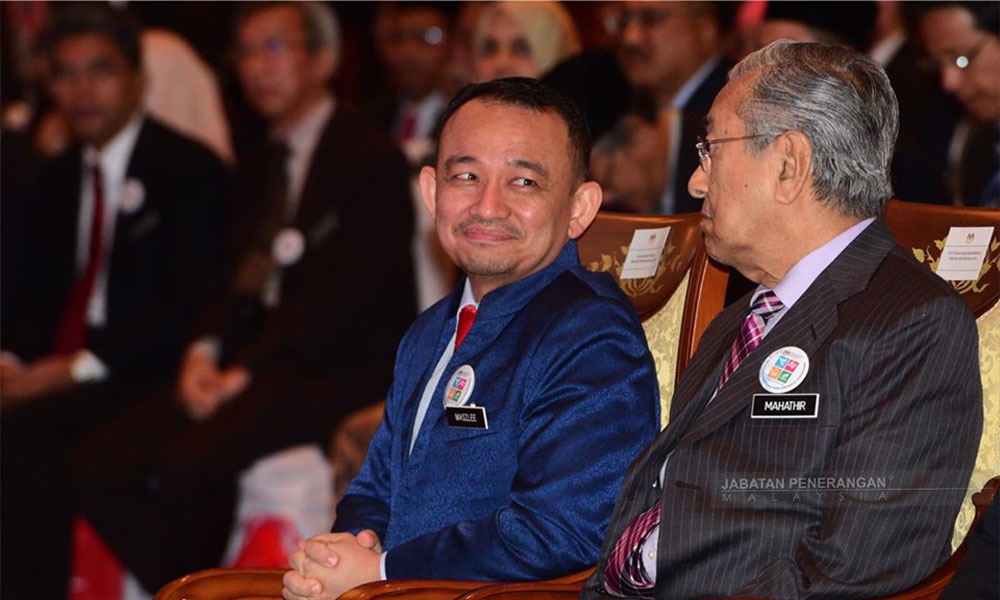MCA president Wee Ka Siong has challenged the wisdom of the planned introduction of free breakfast for children in primary schools nationwide.
Wee said, based on his calculations, the government would spend RM1.6 billion to feed some 2.7 million primary school pupils for 200 days in a year.
“Wouldn’t it be better if the amount is spent on helping poor farmers or set aside to build affordable homes and low-cost housing for the poor?” he asked in a Facebook yesterday.
Education Minister Maszlee Malik had said the move, which is due to take effect in January, was about more than food, and that it would encourage nutrition, discipline, good eating habits and civic consciousness.
Maszlee said the idea was the brainchild of Prime Minister Dr Mahathir Mohamad following his observation in Japan that school children there were provided free meals to ensure they have enough nutrition.

Ayer Hitam MP Wee claimed that the Pakatan Harapan government was accumulating increasing debt and queried whether it was wise to implement such an initiative.
He also highlighted that the previous Barisan Nasional ,of which he was part, had spent RM289 million in 2018 to provide meals for 489,117 pupils from underprivileged families, and asked if students from affluent families would be eligible for the free meals.
Unlike Wee, Parti Sosialis Malaysia deputy chairperson S Arutchelvan was wholly supportive of the plan.
"PSM feels this is a good move by the Harapan government. In addition to providing free food, the Education Ministry can also take some steps among elementary school children."
He recommended that children be educated about the importance of food and the culture of not wasting food.
He added that they could be taught about food security and its importance to the nation.
"Sampling the food of various different ethnic groups in order to foster a sense of unity should also be a priority when making food choices," he said.
"Children should also be taught to bring their own food containers to avoid the use of plastic and to promote environmental education," he added.

